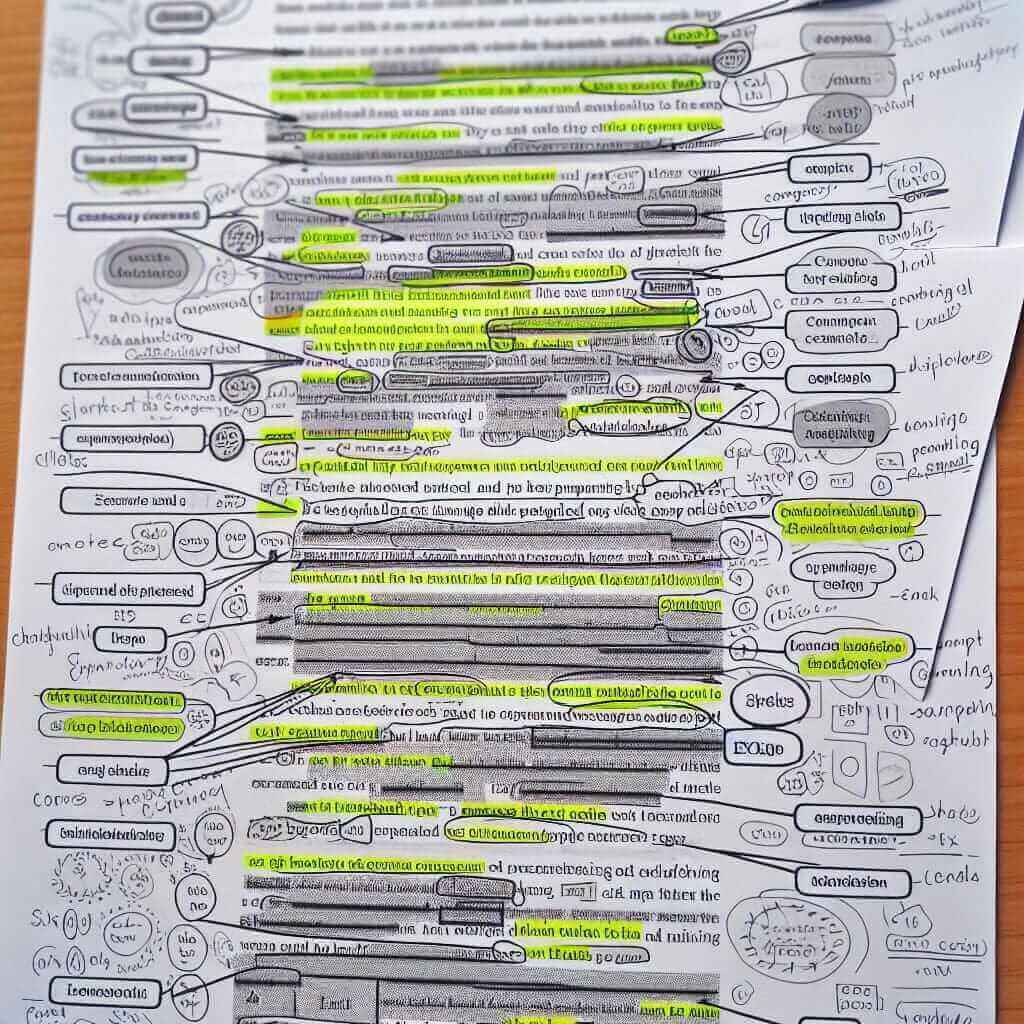The IELTS Reading test is a crucial aspect of the IELTS exam, often proving to be a challenge for many test takers. This section measures skills such as reading for gist, reading for detail, skimming, understanding logical argument, and recognizing writers’ opinions, attitudes, and purpose. Successfully handling this test is essential for achieving your desired band score. In this article, we’ll explore effective strategies to overcome common difficulties in the IELTS Reading test.
Understanding the IELTS Reading Test
The IELTS Reading test consists of 40 questions designed to assess a wide range of reading skills. These questions are based on three reading passages that increase in difficulty. The test involves a variety of question types, including multiple-choice, True/False/Not Given, matching headings, and more.
Common Difficulties in the IELTS Reading Test
- Time Management: Many candidates struggle to complete the test within the allocated 60 minutes.
- Complex Vocabulary: The passages often contain sophisticated vocabulary and complex sentence structures.
- Understanding Question Types: Different question types require different approaches and can be confusing.
- Scanning and Skimming: Effective scanning and skimming are essential but challenging skills to master.
Strategies to Overcome IELTS Reading Test Difficulties
Time Management
Time management is crucial in the IELTS Reading test. Here are some tips to manage your time effectively:
- Practice Timed Reading: Regularly practice reading passages within a limited time frame to build your speed.
- Allocate Time Wisely: Divide your time equally among the three sections. Typically, spend 20 minutes on each passage.
- Move On if Stuck: If you find a question difficult, move on to the next one and return to it later if time permits.
Example (IELTS Official Practice Test, Cambridge IELTS 14)
If you encounter a particularly challenging question, mark it and proceed. For instance, in a matching headings question, if you cannot find the correct heading immediately, continue with other headings and come back to it.
Enhancing Vocabulary
Building a strong vocabulary is essential for understanding complex passages:
- Read Widely: Engage with a variety of texts, including academic articles, newspapers, and journals.
- Use Flashcards: Create flashcards for new words and review them regularly.
- Contextual Learning: Learn new words in context to understand their meanings and applications.
Example
Consider the following sentence from a reading passage: “The prodigious growth in urbanization has precipitated numerous sociological dynamics that demand meticulous scrutiny.” If you know the words “prodigious” (enormous) and “precipitated” (caused), you’ll comprehend the passage more effectively.
Understanding Question Types
Each question type requires different strategies. Familiarizing yourself with these can significantly improve your performance:
- Multiple-Choice Questions: Read all options before choosing one. Eliminate clearly incorrect answers to improve your chances.
- True/False/Not Given: Carefully distinguish between what is stated in the text (True), what is contradicted by the text (False), and what is not mentioned (Not Given).
- Matching Headings: Identify the main idea of each paragraph to match it with the appropriate heading.
Example (IELTS Official Practice Test, Cambridge IELTS 15)
For True/False/Not Given questions, if the passage states, “The company expanded its operations last year,” and the question asks, “The company’s operations have grown this year,” the answer would be False if no such growth this year is mentioned.

Scanning and Skimming
Developing effective scanning and skimming techniques is vital:
- Skimming: Quickly read through the passage to grasp the general idea. This can be useful for answering general questions.
- Scanning: Look for specific information or keywords related to the questions. This is useful for detail-oriented questions.
Example (IELTS Official Practice Test, Cambridge IELTS 16)
When you need to find specific information such as dates or names, scanning the text for those exact terms will save time. For example, if the question asks, “In which year did the event occur?”, scan the text for numbers or years.
Common Mistakes and How to Avoid Them
- Overlooking Instructions: Always read the instructions carefully to understand what type of answer is required.
- Ignoring Passage Structure: Recognize the passage structure to locate information quickly. Most academic texts follow a logical structure – introduction, body, conclusion.
- Misinterpreting Questions: Ensure you understand the question completely before attempting to answer.
Practice Techniques for Improved Performance
- Regular Practice: Consistently practice with real IELTS reading tests to familiarize yourself with the format and timing.
- Analyze Mistakes: Review your incorrect answers to understand your mistakes and learn from them.
- Join Study Groups: Engage with peers to discuss difficult passages and questions, enhancing understanding through collaboration.
Conclusion
Handling IELTS Reading test difficulties requires a strategic approach, including effective time management, vocabulary enhancement, understanding question types, and mastering scanning and skimming techniques. By implementing these strategies and regularly practicing, you can significantly improve your performance and achieve your desired band score.
We encourage you to leave comments or share your experiences and tips about handling the IELTS Reading test difficulties. Explore more educational content on our website to further enhance your IELTS preparation journey.